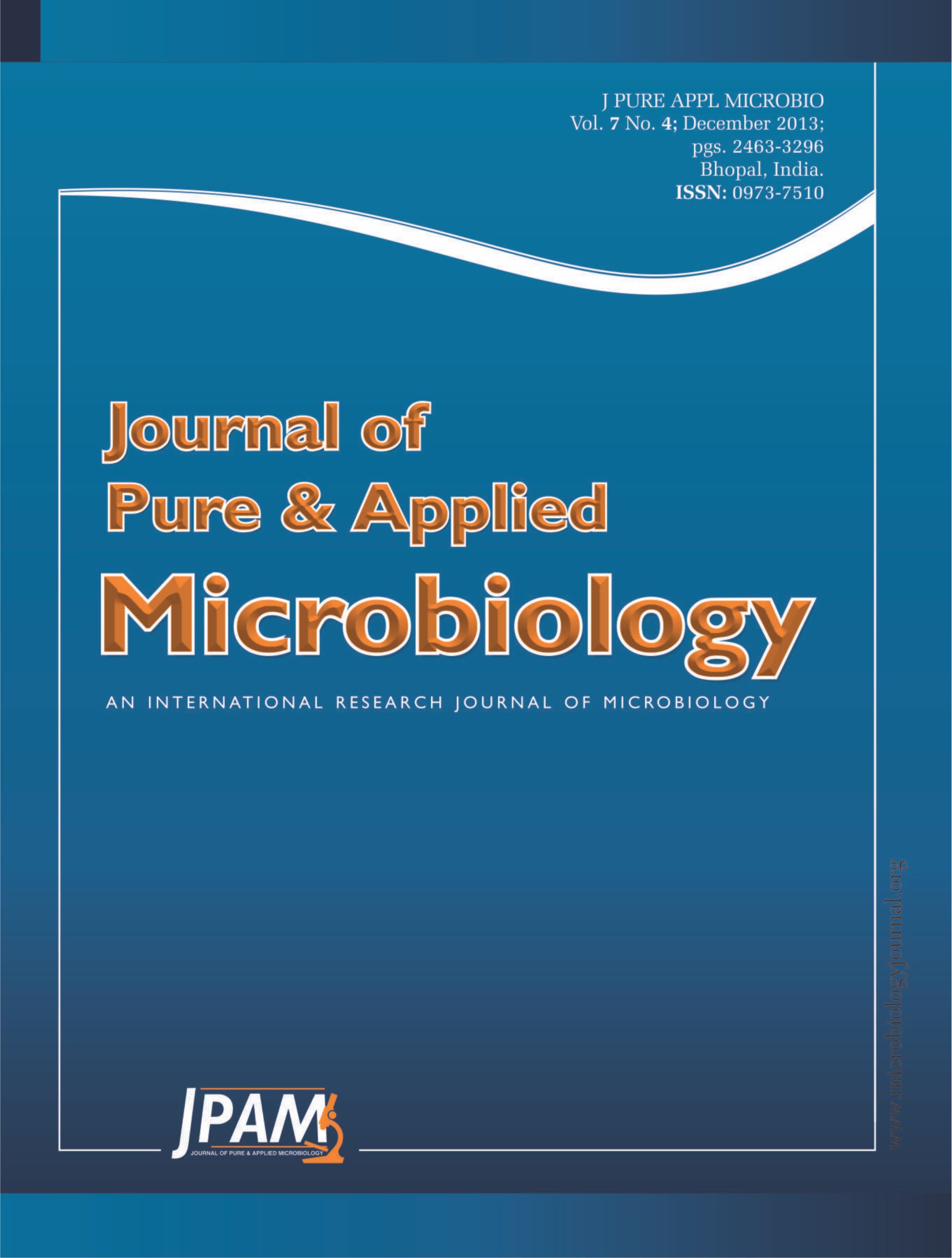Halophiles are known to be potent sources of commercially exploitable substances. Recent interest in the halophile research has its focus on the medicinal properties of these microorganisms. In the current study, an attempt was made to isolate carotenoids from two strains of halophilic bacteria – Halobacterium salinarium and Haloferox volcanii. Media optimization was carried out and H. salinarium was found to produce the maximum yield of carotenoids among the strains. The isolated carotenoids were tested for their free radical scavenging activity by DPPH assay and the results validated the known antioxidant activity of carotenoids. A further analysis of the cytotoxic properties of the carotenoids against human liver cancer cell lines hinted at their anticancer properties. This work is a contribution to the recent research on alternative natural sources of medicine.
Halophilic bacteria, Anticancer potentials, Carotenoids
© The Author(s) 2013. Open Access. This article is distributed under the terms of the Creative Commons Attribution 4.0 International License which permits unrestricted use, sharing, distribution, and reproduction in any medium, provided you give appropriate credit to the original author(s) and the source, provide a link to the Creative Commons license, and indicate if changes were made.


